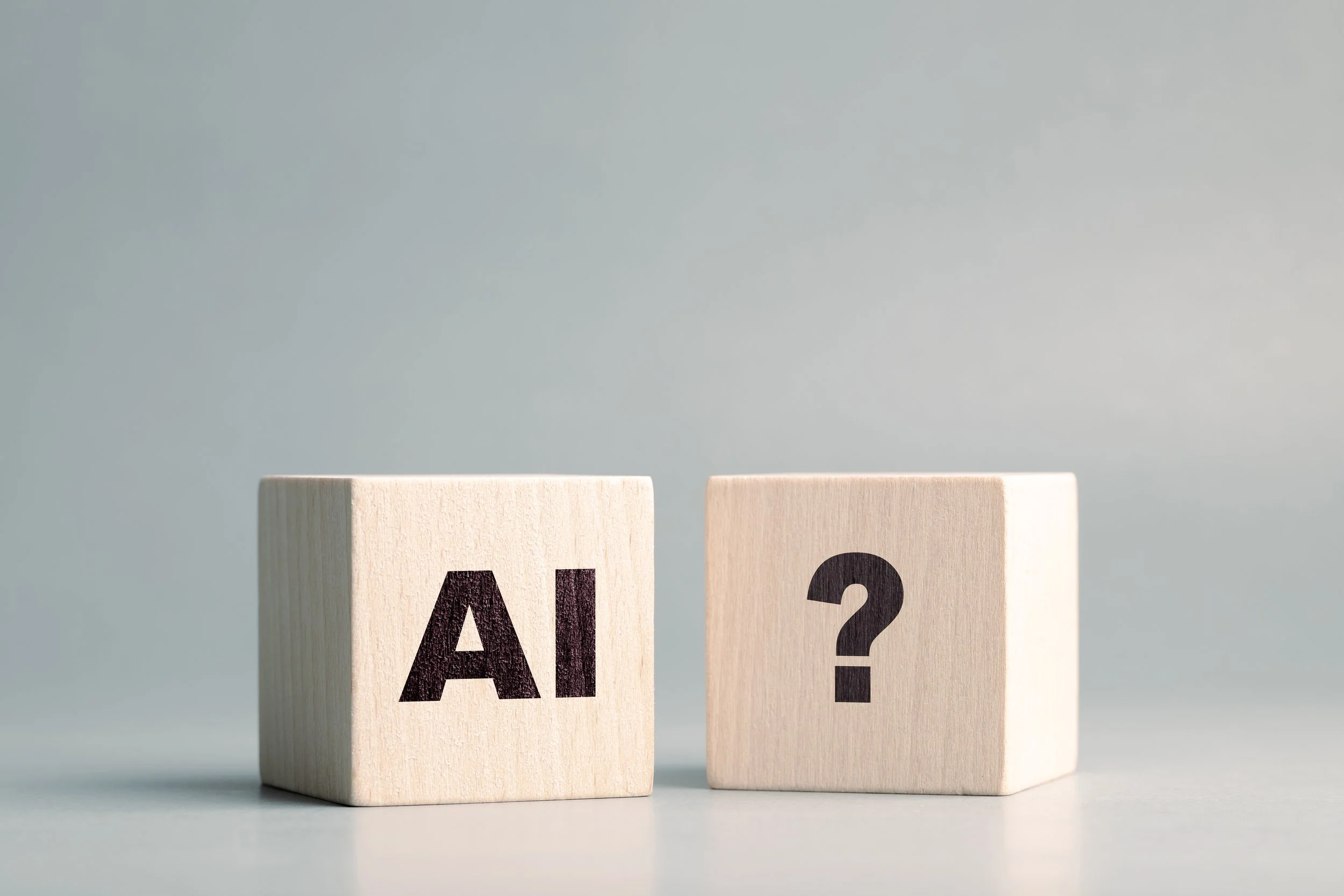Navigating AI’s Risks and Rewards
Artificial Intelligence (AI) raises lots of questions
How will it impact our daily lives? How much damage will it do to the economy? What opportunities will it create? What do I need to do to compete in an AI-driven world?
AI has the potential to be the third most significant innovation in my lifetime, following the personal computer and the internet. Because of the innovations that preceded it, it will undoubtedly be the most hyped.
As Christians, we should avoid getting caught up in the positive and negative hype and instead focus on the realities that will shape our economy, our relationships, and our lives. Below are four perspectives that helped form my view of AI:
1. Embrace the possibilities with God’s purposes in mind
Christians seem overly comfortable with the status quo and more fearful of change than they should be. The Israelites' complaining to Moses on the way to the promised land seems tragically comical until we realize our capacity to do the same thing. Scripture has much to say about facing a world of challenge and change—and how to respond to each other in the midst of it:
Be strong and courageous. Do not be afraid… (Joshua 1:9, Isaiah 41:10).
Do not conform to the pattern of this world, but be transformed by the renewing of your mind (Romans 12:2).
Love your neighbor as yourself (Matthew 22:39, John 13:34).
Remember that God is still with us (Psalm 121:8).
AI is not as big an obstacle as the tribes living in the Promised Land. Parts of AI should be adopted and used, and others should be avoided. A faithful rather than fearful response allows us to discern God’s will and make choices that align with His purposes. From there, we can figure out how AI might help us serve our neighbors in new and better ways while modeling rhythms that help them manage the excesses AI will create.
2. Consider the enormous potential for productivity and growth
The economy would benefit from a surge of productivity. An estimated 16 million Americans will leave the labor force in the next ten years. Because of declining birth rates and slower immigration, it will be harder to replace all these workers, and even harder to replace the knowledge they have accumulated. According to Joe Davis, chief economist at Vanguard, AI can help by making the remaining workers more efficient, allowing the economy to keep up with demand. A stronger economy will enable us to support the larger retirement population.[i]
3. Don’t panic. Your experience, expertise, and relationships still matter.
Technological innovations are often counteracted by other economic trends and slower-than-expected adoption. Jason Zweig of the Wall Street Journal noted that the introduction of the ATM in the early 1970s coincided with a doubling in the number of bank tellers. Why? Banks were expanding the number of branches, and technological adoption was slower than expected. In the 34 years between 1980 and 2014, the number of bank tellers stayed flat. Only in the last ten years has the number significantly fallen.[ii]
Today, workers in highly compensated technical occupations with limited customer interaction or industry knowledge are the most vulnerable. Seasoned programmers are becoming a more expensive commodity for corporations and organizations, and the demand for computer science graduates has slowed, highlighting AI’s ability to meet demands more efficiently and cost-effectively. But there’s still no substitute for genuine human interaction and relationships.
4. Learn to thrive in an AI world
Get involved in industries likely to benefit from AI cost reductions and cultivate unique solutions to your customers’ underlying challenges. I recently recorded a video on why translators will likely benefit from AI. My thesis is that cost reductions in translation will increase demand for translation, even though AI will do much of the work.
AI is evolving to help us prioritize creativity and better love our customers. If AI can come up with a C+ analysis, we need to sharpen our efforts by focusing on underlying challenges with a posture of love and care for others. We worship a God who, rather than staying on high, moved into the neighborhood and interacted with our messiness. That approach still works today.



